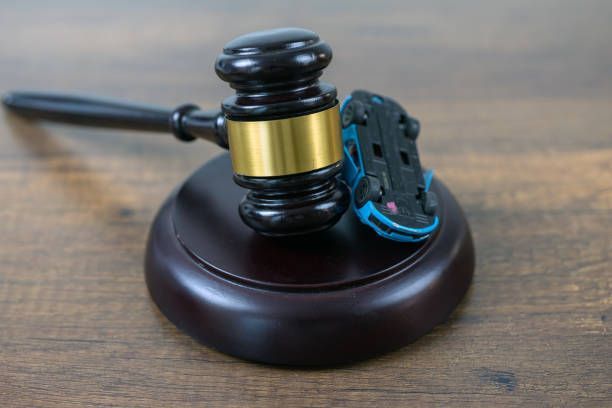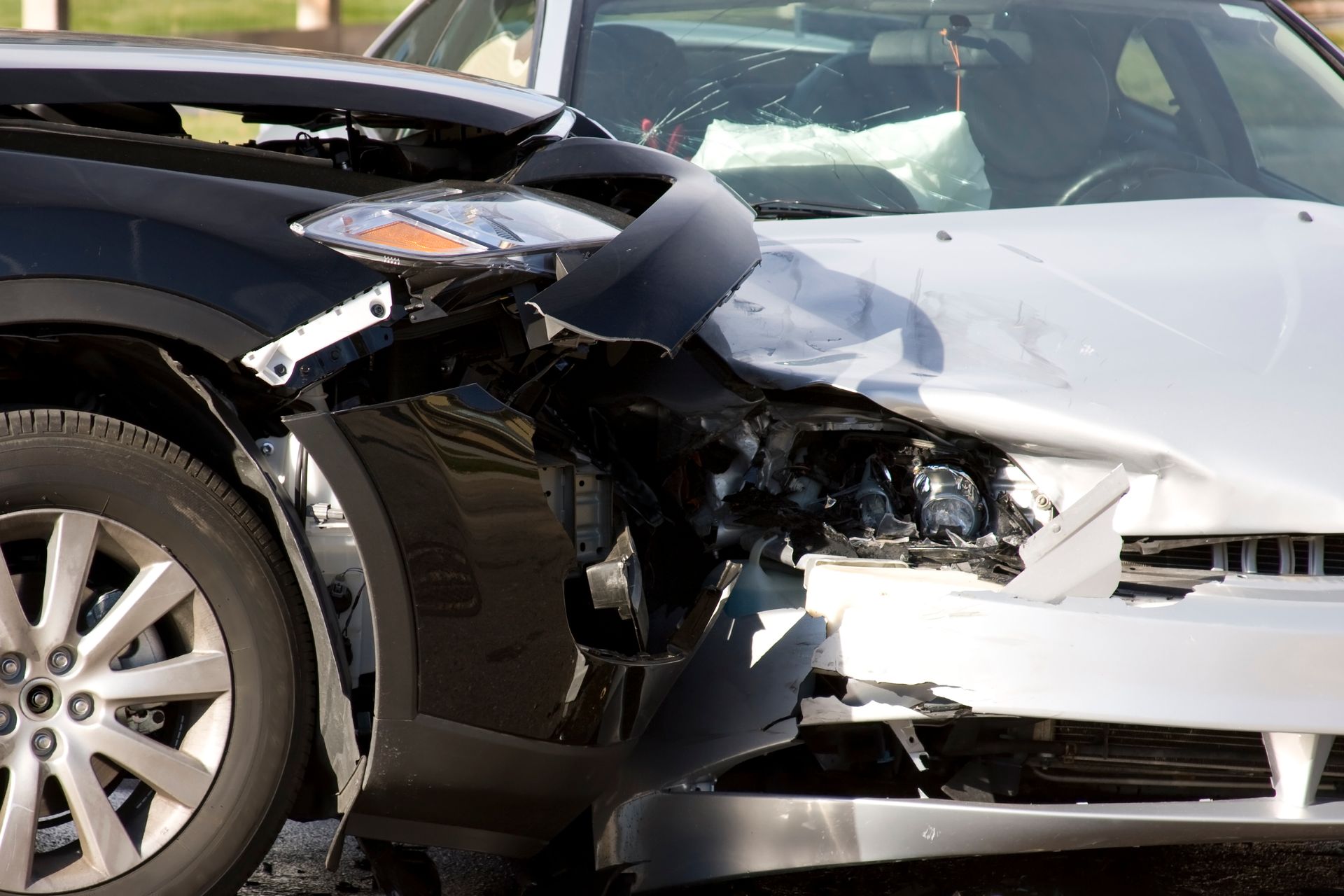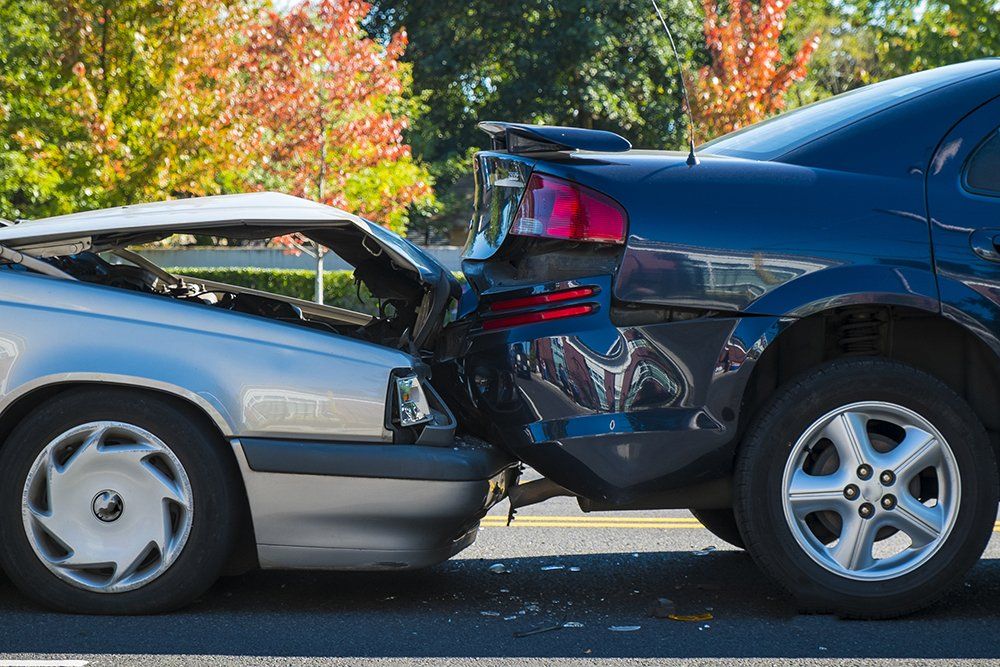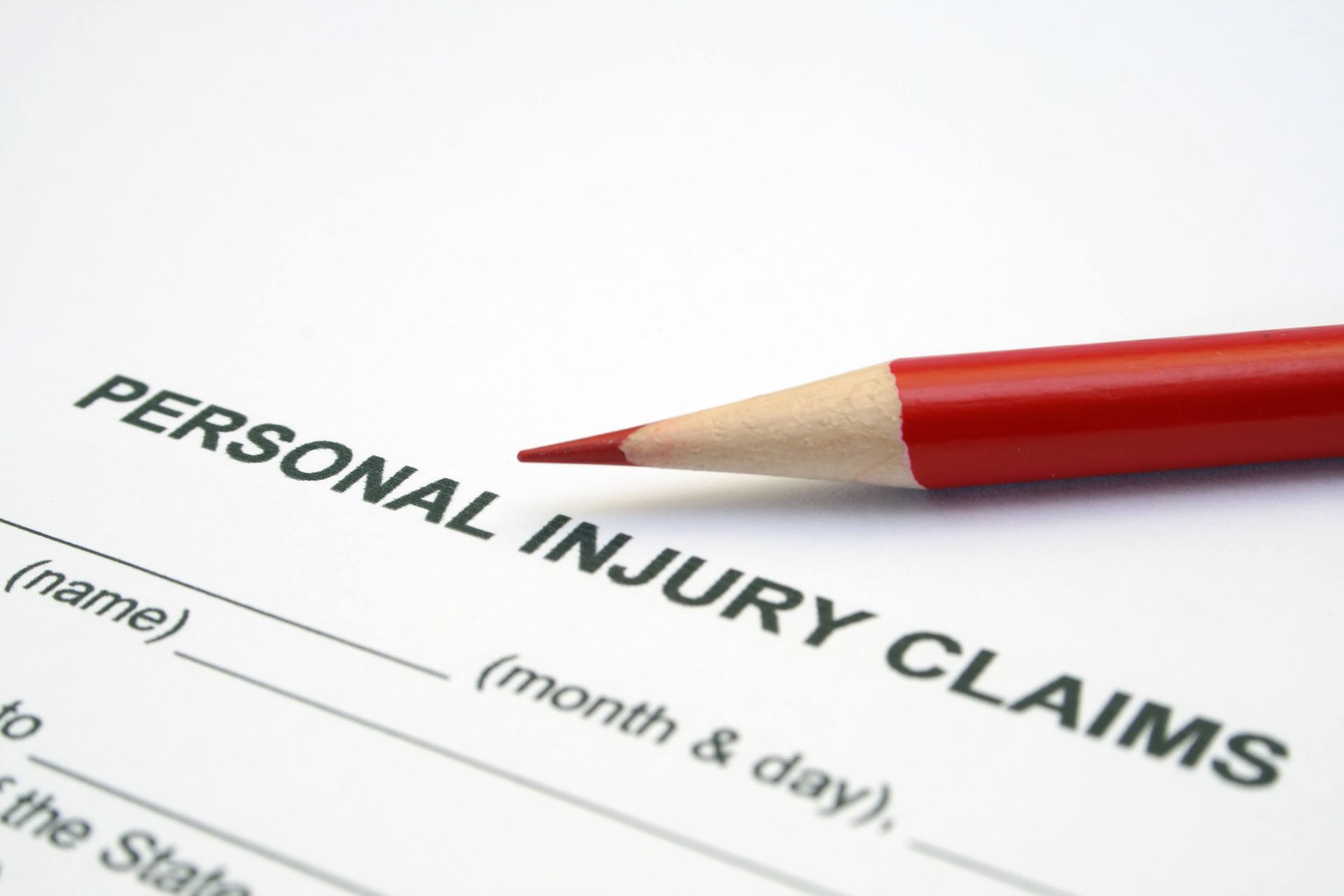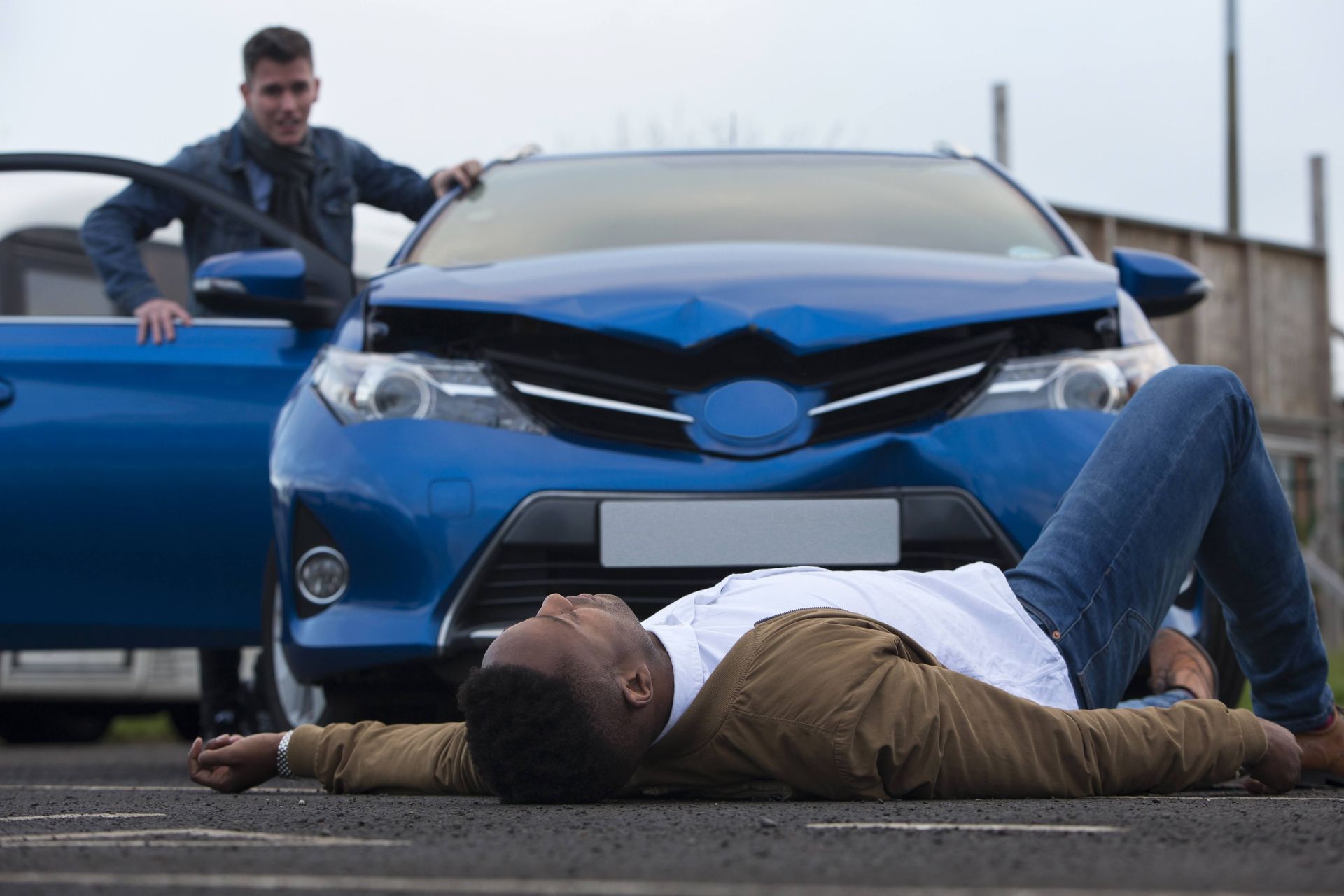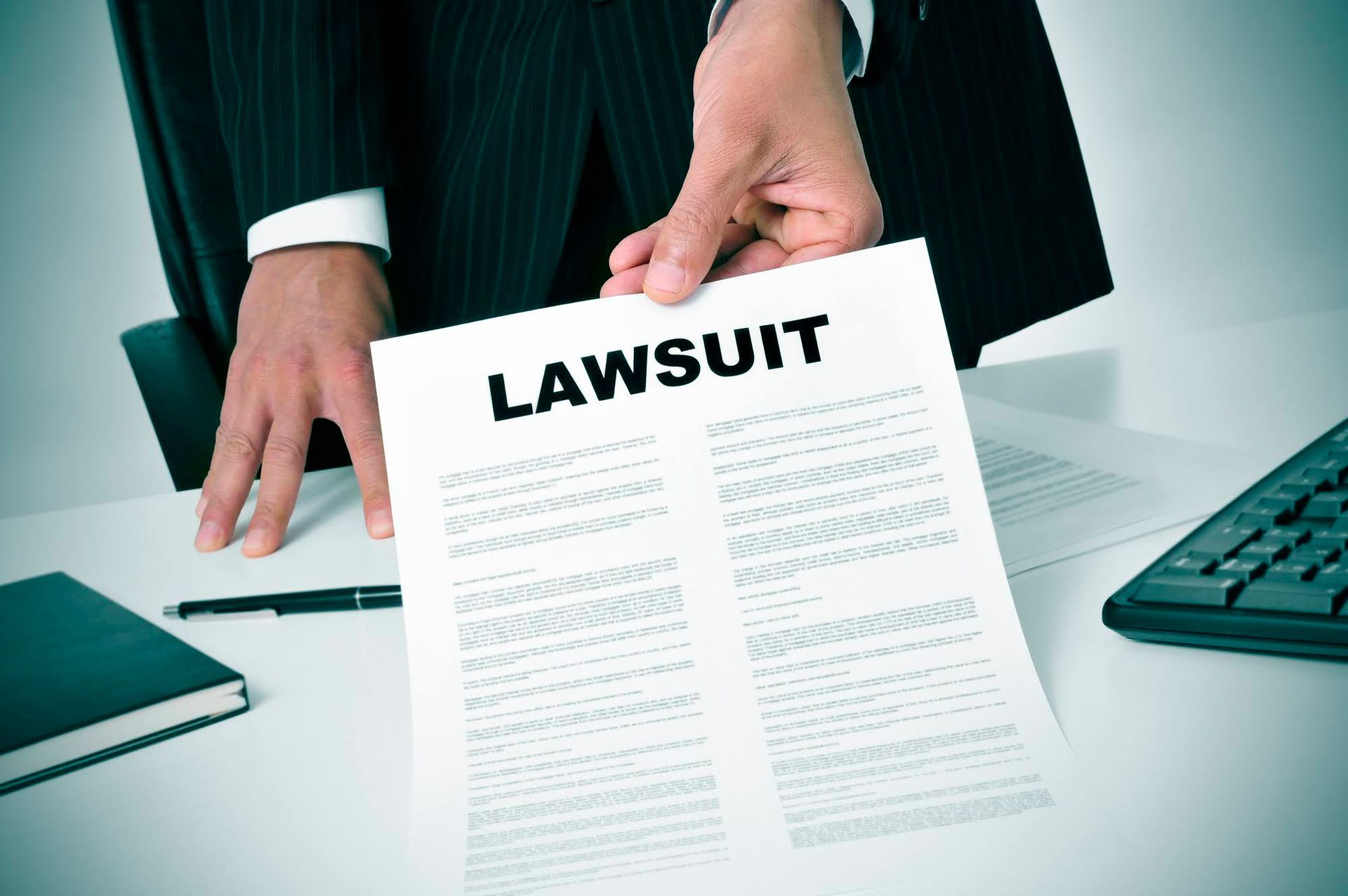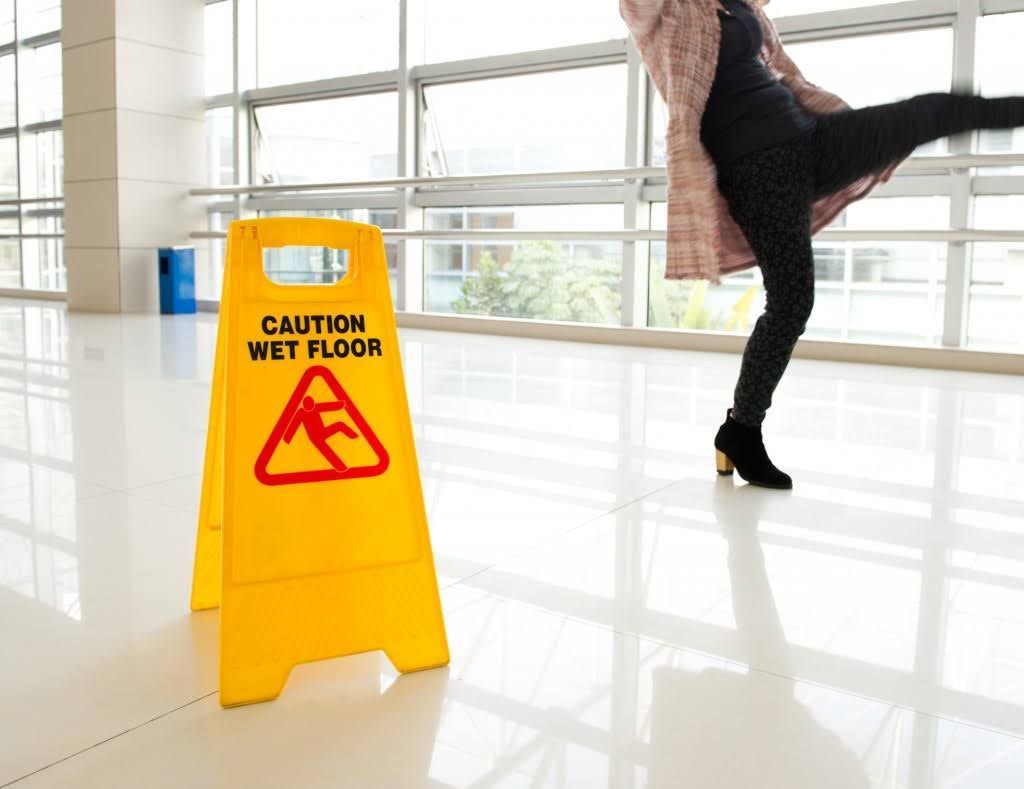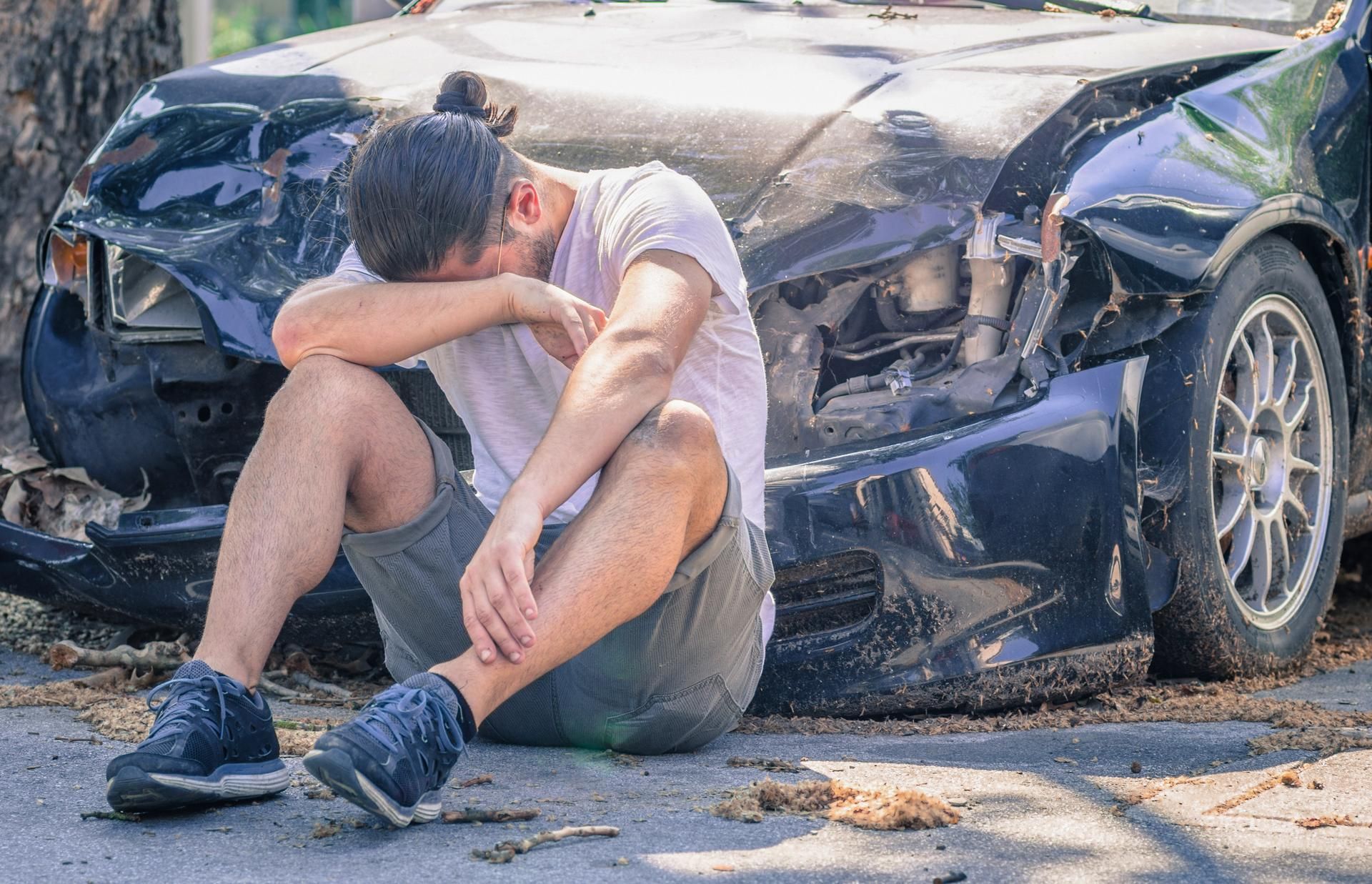Strict Liability in a Product Liability Lawsuit
If a defective product injures you, you may have the right to sue the manufacturer for damages. However, product liability cases have many nuances that are essential to understand. Your attorneys will need to prove that your injuries resulted from using a product and that defects in the design, manufacturing, or marketing of the product contributed to your injury.
Although this point may seem academic, it's a crucial part of any product liability case. While companies are responsible for manufacturing products that are as free from defects as possible, some injuries result from unavoidable hazards due to the nature of an item.
Understanding Strict Liability
Like many states, West Virginia allows plaintiffs to seek recovery for injuries resulting from product use based on strict liability. Strict liability differs from two other forms of recovery: negligence and breach of warranty. In a strict liability case, proving that the defendant acted negligently or intentionally created a situation that could lead to harm is not necessary.
Proving a strict liability case typically involves demonstrating that a defect in a product directly contributed to your injuries. In a strict liability case, the plaintiff must also show that the defendant was responsible for the defect. In other words, defendants may not be liable if they can prove that the defect resulted from tampering, misuse, or other factors out of their control.
Recognizing the 3 Forms of Strict Product Liability
Strict liability in product liability lawsuits covers three distinct types of defects:
- Design
- Manufacturing
- Marketing
These three categories allow strict liability lawsuits to follow a product along the chain from conception to sale. You may also notice that these three categories can cover numerous individual entities for any particular product. For example, the company that designs a product may not be the same as the company that manufactures or markets it. Even retailers or distributors may share some liability.
While many complexities go into proving that a specific defect exists, you can easily understand the difference between each category. Design defects generally cover the planning and engineering of a product. If a product contains dangerous defects despite meeting manufacturing specifications and containing clear user instructions, it's likely a good fit for a design defect case.
Manufacturing covers the next step in the chain. A company may carefully engineer a product for safety, but flaws in the manufacturing process can still lead to dangerous situations for end-users. The presence of third-party quality assurance companies may further complicate manufacturing defect liability cases by adding more potentially liable entities.
Finally, marketing defects cover a relatively wide range of issues. For example, companies may unintentionally market products in a way that makes them seem safer than they are in reality. Poor instructions that fail to warn users of hazards are another example of marketing defects. These issues may exist even in well-designed and well-built products.
Proving Your Liability Case
When pursuing a product liability case using strict liability, your attorneys must prove that a product harmed you, that one of the three defects listed above exists in the product, and that the defect contributed to your injury. You will also need to demonstrate that you didn’t misuse the product in a way that could lead to harm.
Strict liability differs from other types of liability because there's no requirement for the defendant to act intentionally. In fact, proving that the defendant should have reasonably expected a defect to be dangerous is not even necessary. Instead, the case will focus on proving the existence of the defect and its role in causing your injuries.
Determining if you have a reasonable product liability case can be incredibly challenging. Higinbotham & Higinbotham, PLLC, have experience pursuing product liability lawsuits in West Virginia and can help you evaluate, plan, and pursue your case. Contact us today for a consultation if you think a product defect may be responsible for your injuries.
